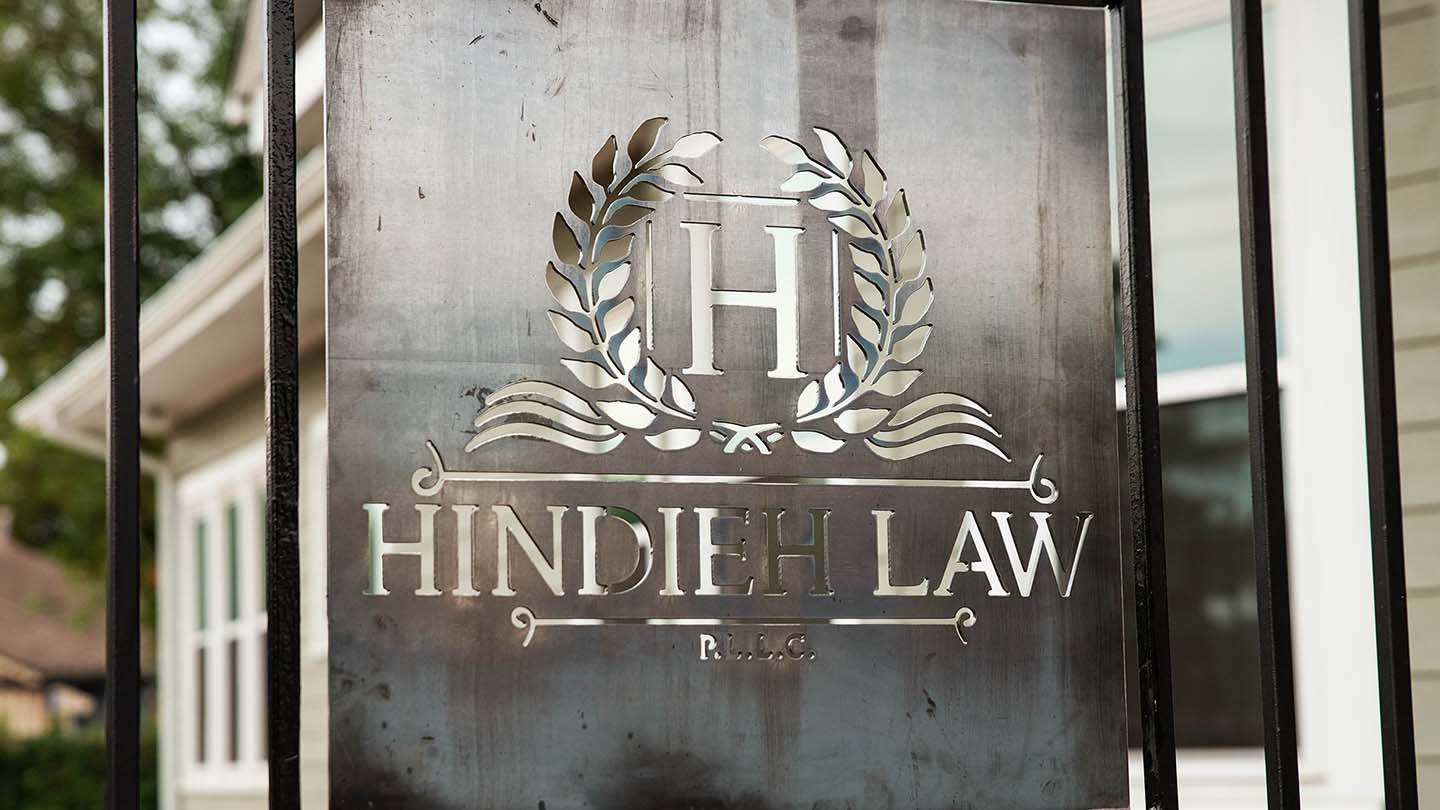Aggravated assault and deadly conduct carry serious felony penalties, including time behind bars and substantial fines.
A person who threatens, causes, or recklessly places another at risk of serious bodily injury can face charges of aggravated assault or deadly conduct, which both carry felony penalties and the possibility of prison time.
What Is Aggravated Assault in Texas?
Aggravated assault in Texas consists of:
- intentionally, knowingly or recklessly causing serious bodily injury to another person, or
- using or exhibiting a deadly weapon in the course of committing any assault crime, including threatening another with bodily injury or engaging in conduct that the victim likely will find offensive.
Serious bodily injury means injury that creates a substantial risk of death or that causes death, serious permanent disfigurement, or protracted loss or impairment of the function of any bodily member or organ. Broken bones or permanent scarring would be considered a serious bodily injury.
Deadly weapons can be any object that’s capable of causing death or serious bodily injury and used in such a manner. Examples include a firearm, hunting knife, rope, or even a baseball bat.
Recklessness involves an act committed, not necessarily with intent to harm another, but without regard for the outcome. For example, pushing someone out of the way in a crowd so that you can get through, without intending to injure the person, is reckless because it is likely that the person could fall and suffer an injury.
(Tex. Penal Code §§ 1.07, 22.01, 22.02 (2020).)
What Is Deadly Conduct in Texas?
The offense of deadly conduct in Texas consists of:
- recklessly engaging in any conduct that places another at imminent risk of suffering a serious bodily injury, or
- knowingly discharging a firearm at a person, house, building, or vehicle with reckless disregard for whether the house, building, or vehicle is occupied.
Some forms of road rage could constitute deadly misconduct. For example, if a driver tries to cut off another driver or maneuvers his vehicle to potentially run another vehicle off the road—especially on a highway or road with a high speed limit—he places the other driver in danger of serious bodily injury because his actions could cause a motor vehicle accident or collision. (Tex. Penal Code §§ 6.03, 22.05 (2020).)
Penalties for Aggravated Assault and Deadly Conduct
A conviction for aggravated assault carries first- or second-degree felony penalties. Someone convicted of deadly misconduct faces a Class A misdemeanor or a third-degree felony.
Penalties for Aggravated Assault
Aggravated assault is a second-degree felony but can be elevated to a first-degree felony in the following circumstances:
- the offender uses a deadly weapon in committing domestic assault and causes serious bodily injury to the victim
- the aggravated assault is committed by a public servant, such as a state worker or city counselor acting in their official capacity
- the offender commits an aggravated assault knowingly against a public servant or security officer
- the offender commits aggravated assault in retaliation against a witness, informant, or a person who reported a crime, or
- the offender shoots a firearm from a motor vehicle at a house, building, or motor vehicle with reckless disregard for whether it’s occupied and causes serious bodily injury to the victim.
A person convicted of a second-degree felony faces two to 20 years in prison and a fine of up to $10,000. For a first-degree felony, a conviction carries five to 99 years in prison and a fine of up to $10,000. (Tex. Penal Code §§ 12.33, 12.32, 22.02 (2020).)
Penalties for Deadly Conduct
The offense of deadly misconduct is a Class A misdemeanor, punishable by up to one year in jail and a $4,000 fine. The penalty increases to a third-degree felony if it involves discharging a firearm. A third-degree felony conviction carries two to ten years in prison and a $10,000 fine.
(Tex. Penal Code §§ 12.21, 12.34, 22.05 (2020).)
Restitution to Victims
A person convicted of aggravated assault or deadly misconduct in Texas can be required to pay restitution to a victim. Restitution involves reimbursing the victim for any expenses resulting from the crime, such as the cost of medical treatment, counseling, or repairs to damaged property.
Sentencing Alternatives and Enhancements
As an alternative to jail or prison, a judge may authorize community supervision (probation) for offenders who are sentenced for misdemeanors or felonies with less than 10 years of incarceration. Community supervision is not an option, though, if the offender used or displayed a deadly weapon in the offense.
Repeat felony and misdemeanor offenders can face enhanced sentences, such as an increased felony level (third-degree moves up to second-degree) or mandatory minimums (a minimum of 90 days in jail or 15 years’ prison time).
(Tex. C.C.P. arts. 42A.051, 42A.102; Tex. Penal Code §§ 12.42, 12.43 (2020).)
The Value of Good Representation
A conviction for aggravated assault or deadly misconduct becomes part of your permanent criminal record. If you are convicted later of another crime, the court can consider your prior conviction and impose a harsher sentence in the new case.
A conviction for a violent crime—even a misdemeanor—can hurt you when you are looking for a job or applying to rent a house or apartment. A convicted felon loses the right to vote and carry firearms and can lose certain professional licenses.

Make your best case to avoid detention and jail time. An experienced criminal defense attorney can determine whether you have any grounds for dismissal of the charges against you, explore plea options, or represent you at trial. If you or somebody you know is facing criminal charges in Dallas or anywhere in Texas, call 214 Release: Hindieh Law, PLLC at 214-Release (214.960.1458) for a free confidential consultation with our aggravated assault defense lawyer today.






